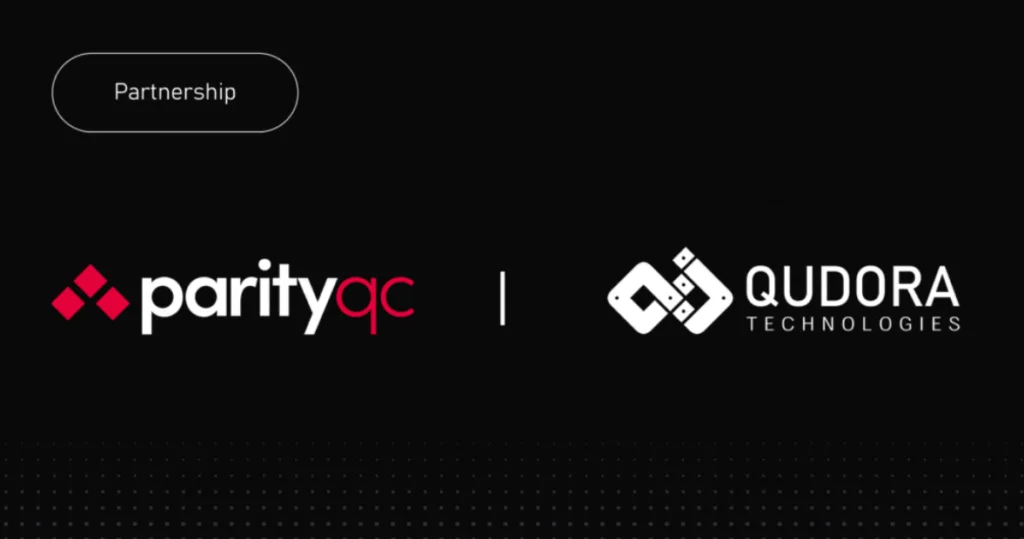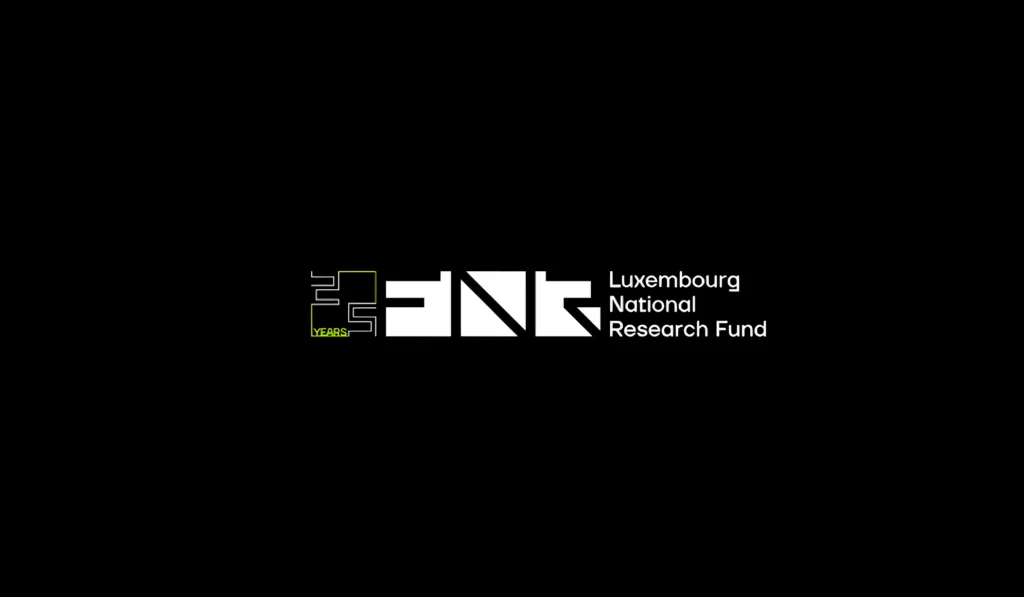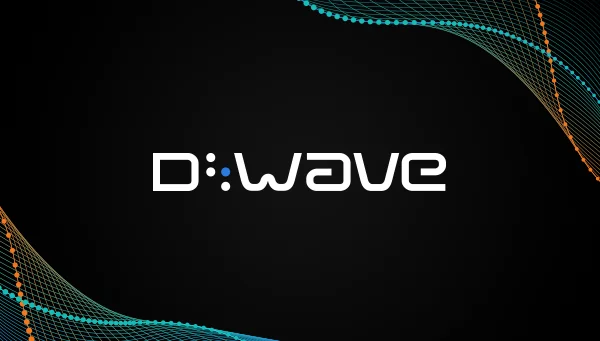Insider Brief
- IonQ Inc. CEO announced plans to acquire Skyloom Global, a company specializing in optical communication systems for space-based quantum networks, expanding its reach across quantum computing, networking and sensing.
- The acquisition supports IonQ’s goal of building a global quantum key distribution (QKD) platform through ground and satellite-based systems, complementing its recent purchases of firms including Qubitekk, ID Quantique, and Capella Space.
- CEO Niccolò de Masi said IonQ aims to become the market leader in all aspects of quantum technology, citing rising revenues and more than $3.5 billion in new funding to advance integrated, fault-tolerant, and quantum-secure infrastructure.
IonQ Inc. is reportedly in plans to acquire Skyloom Global, a company specializing in optical communication systems for space-based quantum networks, marking the latest in a rapid series of acquisitions aimed at extending its reach across the full spectrum of quantum technologies — computing, networking, and sensing.
The announcement was made by IonQ Chairman and Chief Executive Officer Niccolò de Masi during an interview on CNBC, where he positioned the Skyloom deal as a key step in building a global platform for quantum key distribution (QKD) both on Earth and in orbit.
“We entered an agreement just recently to acquire a company called Skyloom,” de Masi said on CNBC. “This is building on our investments in quantum networking and signals, both on the ground and in space. With Skyloom, our Capella business, our ID Quantique business, we’re ultimately building a platform for quantum key distribution, not just on the ground, but also up into space with satellites.”

The company has established a quantum-networking and computing hub in partnership with Tennessee’s EPB in Chattanooga, and has struck a major strategic initiative with the University of Chicago to deploy a campus-based quantum computer and entanglement distribution network. These networks are part of IonQ’s effort to build a seamless quantum ecosystem that integrates secure communication, distributed computing and precise measurement systems, according to de Masi.
Skyloom Background
The acquisition brings a company with a deep heritage in space optical communications into IonQ’s orbit. Skyloom is considered a space tech pioneer that has been building toward real-time, orbital data transport for nearly a decade.
Founded in April 2017 in Broomfield, Colorado, Skyloom entered the space-infrastructure race with a mission: to build “one of the fundamental pieces of tomorrow’s space-based telecommunication infrastructure for the provision of data-transport services on a planetary scale.” According to the company’s own description, its technology leverages deep heritage in space optical communications networking technologies that can provide real-time data transfer for customers.
The firm launched under the premise that by the end of the decade, “millions of petabytes/year of data will need to be transmitted to, across, and from space.” Skyloom’s goal was to deliver an optical-communications network operating across multiple orbits, or what it calls “fiberless internet” for Earth.
Key milestones that chart this evolution: In January 2020 the company opened a headquarters in Oakland, California. In October of that year, it began work under the Space Development Agency (SDA) Tranche 0 program, targeting orbital transport services. Over the subsequent years Skyloom secured multiple US-government SBIR awards: by April 2021 it had a contract for space-based laser communications, and by June of that year it had successfully tested a terminal at the Naval Research Laboratory.
In March 2023, Skyloom took a further leap with its first low-Earth-orbit (LEO) optical-communication terminal, followed by the opening of a manufacturing facility in Boulder, Colorado. The company says it achieved a first optical geostationary node launch in late 2024, rounding out its ambition to link LEO, geostationary orbit and terrestrial infrastructure.
IonQ’s Acquisition Streak
The deal adds to IonQ’s string of acquisitions over the past year, which has accelerated as the company positions itself as the industry’s dominant “full-stack” quantum player.
In 2024, IonQ announced it would acquire Qubitekk, a U.S. firm focused on quantum networking. In May 2025, it took a controlling stake in Geneva-based ID Quantique, a leader in quantum-safe cryptography and sensing. A month later, it agreed to acquire Oxford Ionics, a British quantum computing company, for about $1.1 billion, and completed the purchase of Lightsynq Technologies, a U.S. developer of photonic interconnects and quantum memory. In July, it finalized its acquisition of Capella Space to support space-based QKD networks, followed by the September purchase of California-based Vector Atomic, which develops quantum sensors for positioning, navigation, and timing applications.
Together, these moves indicate IonQ’s ambition to expand beyond quantum computing into an integrated suite of technologies that will enable fault-tolerant systems and quantum-secure communications on a global scale.
De Masi discussed the strategy in his interview with CNBC.
“We’re the only quantum company in history that offers quantum solutions, both in the ocean, under the ocean, on land, in the air, up in the sky,” de Masi told CNBC. “And I think not only markets are starting to notice that, but of course, our customers are noticing that, because we have more ways ‘to land and expand’ than any quantum company in history. And honestly, you’re right, we’re just getting started.”
Financially, de Masi told CNBC that IonQ remains one of the few quantum companies reporting nine-figure revenue. De Masi said IonQ raised guidance to $110 million for 2025, maintaining a streak of annual revenue doubling since its public listing in 2021. He added that the company has raised about $3.5 billion this year, with $2 billion coming in the past six weeks.
“So we continue to really focus on building the ecosystem at IonQ,” de Masi said. “We want to be the market share leader in all things quantum, just like we’re the technical leader, and just like we’ve been the commercialization leader the last five years.”















